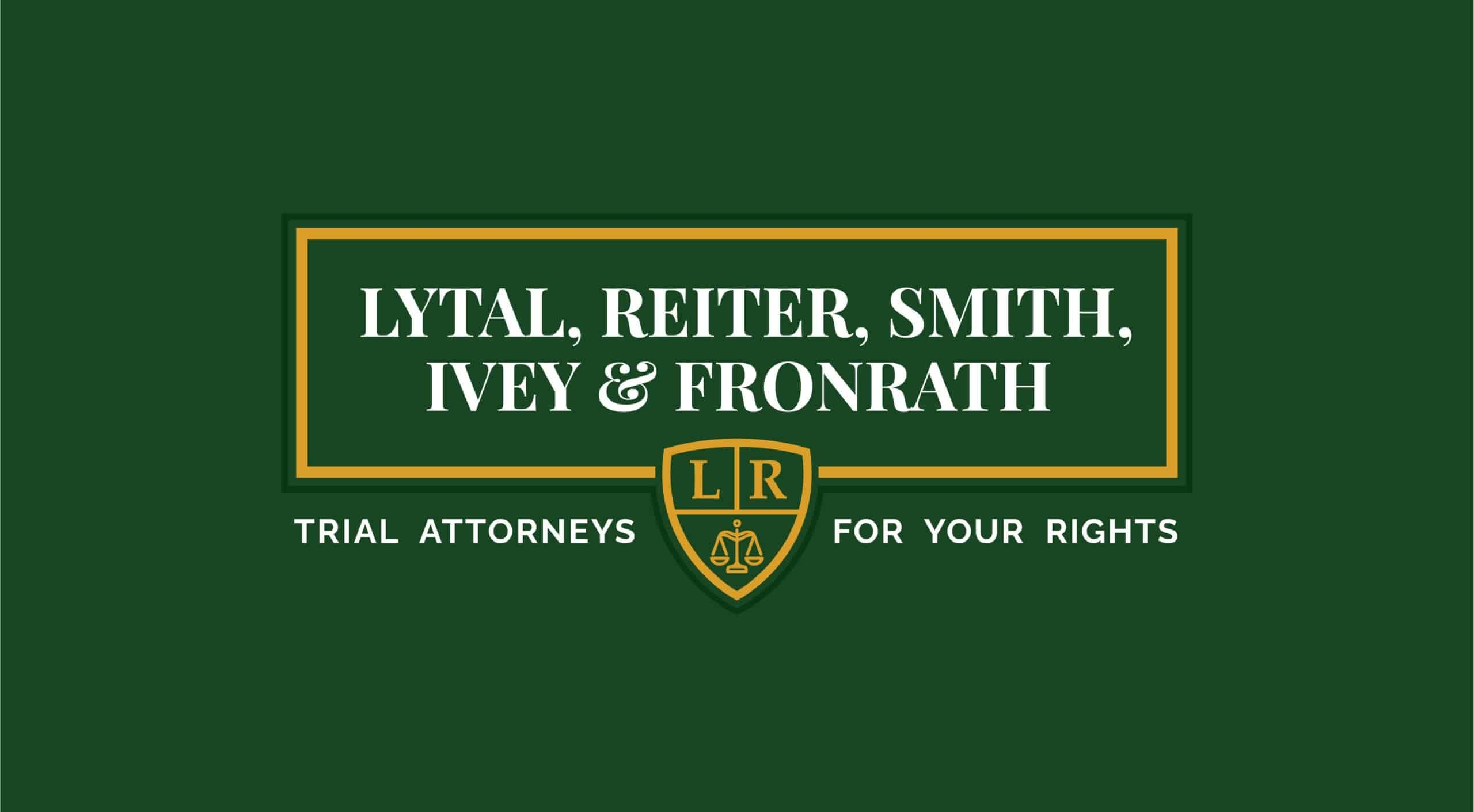West Palm Beach resident James Harvey was found solely at fault for fatal crash he caused on Beeline Highway in 2006. A traffic judge found that Harvey ignored a flashing red light and pulled his Hummer into the path of John Pott’s motorcycle killing the 51- year old rider. Geico sent a $100,000 check to widow Tracy Potts, but then refused to allow her attorney to interview James Harvey to determine if he had any other assets that could have been seized as part of a settlement. That decision by the claims adjustor eventually cost Geico $8.5 million ($9.6 million with interest).
Geico effectively hung Harvey out to dry by preventing Pott’s lawyer from speaking to him after the accident and paying the policy limit of $100,000. Eventually, Tracy Potts would win an $8.5 million judgment against Harvey for her wrongful death lawsuit, but she would never have been able to collect this from him. Harvey’s lawyer then sued Geico for the $8.5 million, claiming the insurance company had acted in bad faith. In 2015 a Palm Beach jury agreed and now Geico, not Harvey, must pay the full amount to Tracy Potts.
Insurance companies are legally obligated to fully cooperate in the settlement of insurance claims. There is a legal doctrine called “uberrim fides” that requires the parties in an insurance contract to act in good faith. This creates several obligations on both sides:
- Insured persons must make all relevant and material information available for a proper risk assessment.
- Insurance companies must act promptly in claim decisions and payments.
- Insurance companies must also try to find reasons to cover all claims of their policyholders and act as if the claim were their own.
Insurance contracts receive strict treatment under the law. Courts will find insurance companies acted in bad faith if they take actions that create hardships for their policyholders to receive full support in resolving claims. Examples of bad faith actions by insurance companies include:
- Failing to promptly and thoroughly investigate a claim.
- Unreasonably delaying payment or denying benefits.
- Interpreting or translating policy language unreasonably.
- Refusing to settle the case or reimburse you for your entire loss.
- Not acting in the best interest of the policyholder.
If an insurance company has denied your claim or the claim of a loved one then you may have a case for insurance bad faith. The policy you have paid for is a contract that obligates your insurance company to act in good faith towards you. By unreasonably denying your claim or creating hardships your insurance company is acting in bad faith.
You do not have to be bullied by the insurance company. Contact one of the West Palm Beach insurance attorneys at Lytal, Reiter, Smith, Ivey & Fronrath for a free consultation today. We have the experience and resources to make even the biggest insurance companies pay what you deserve.




